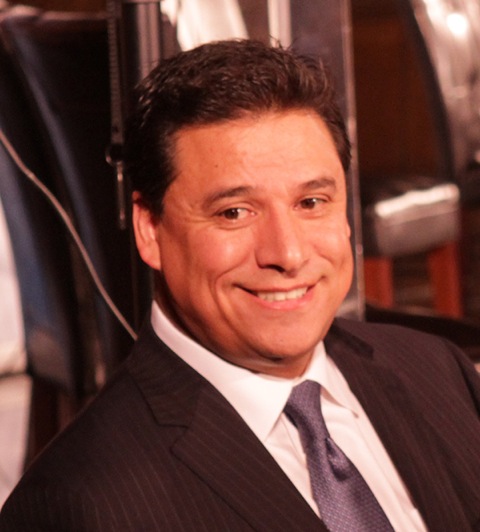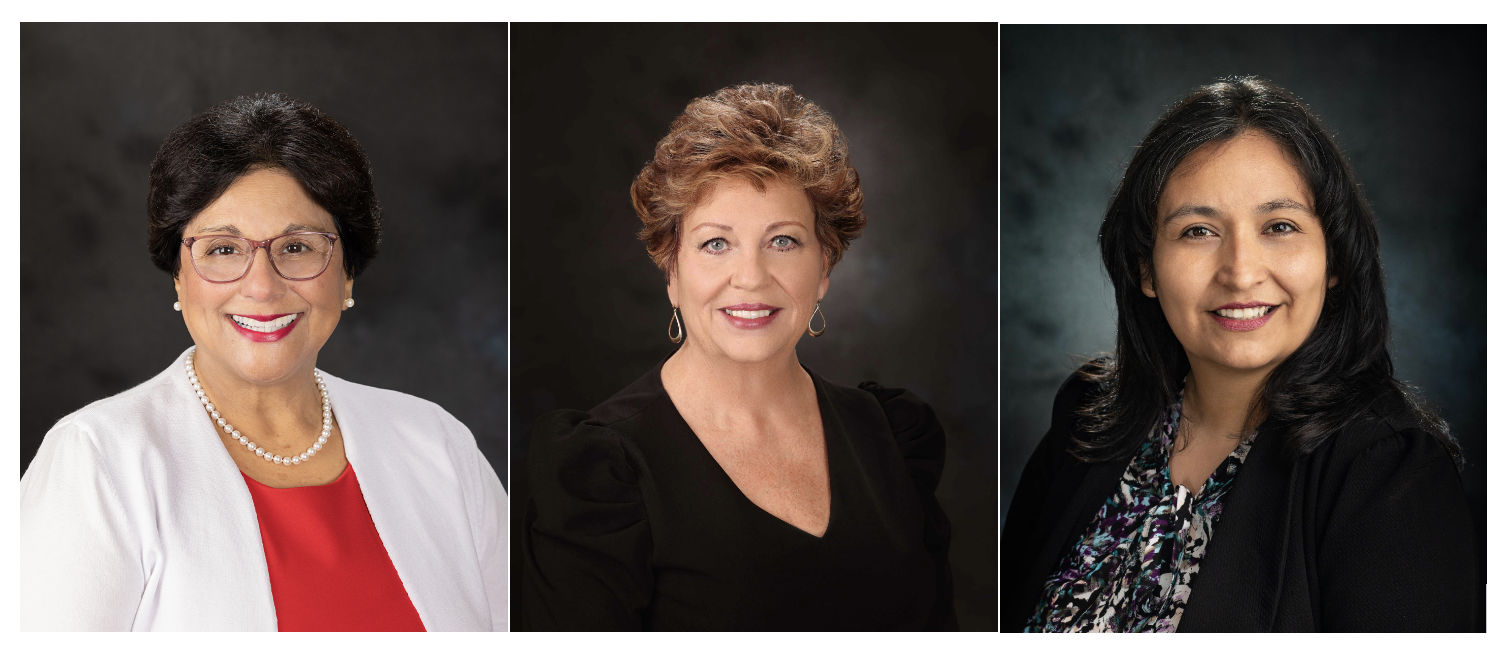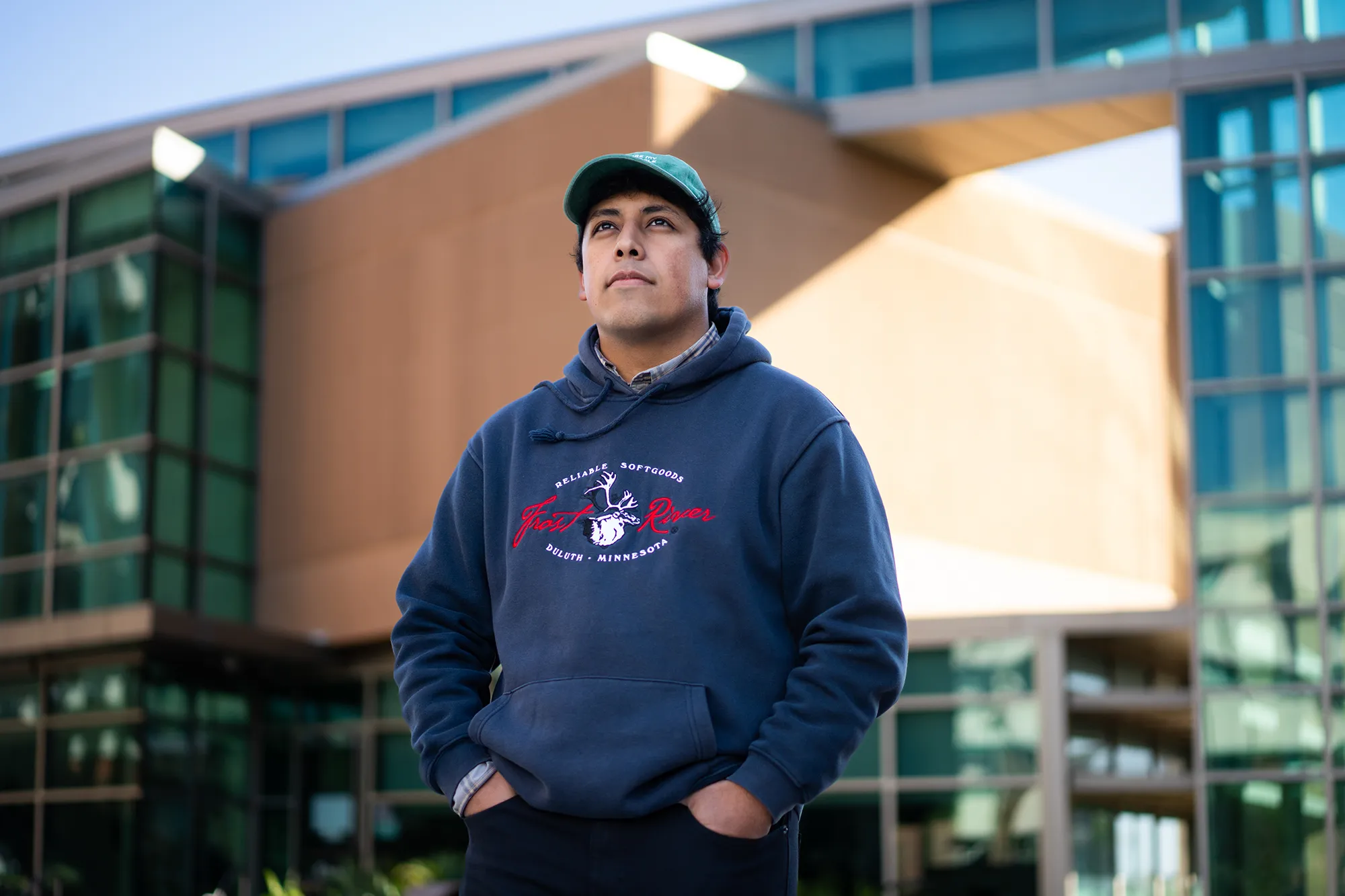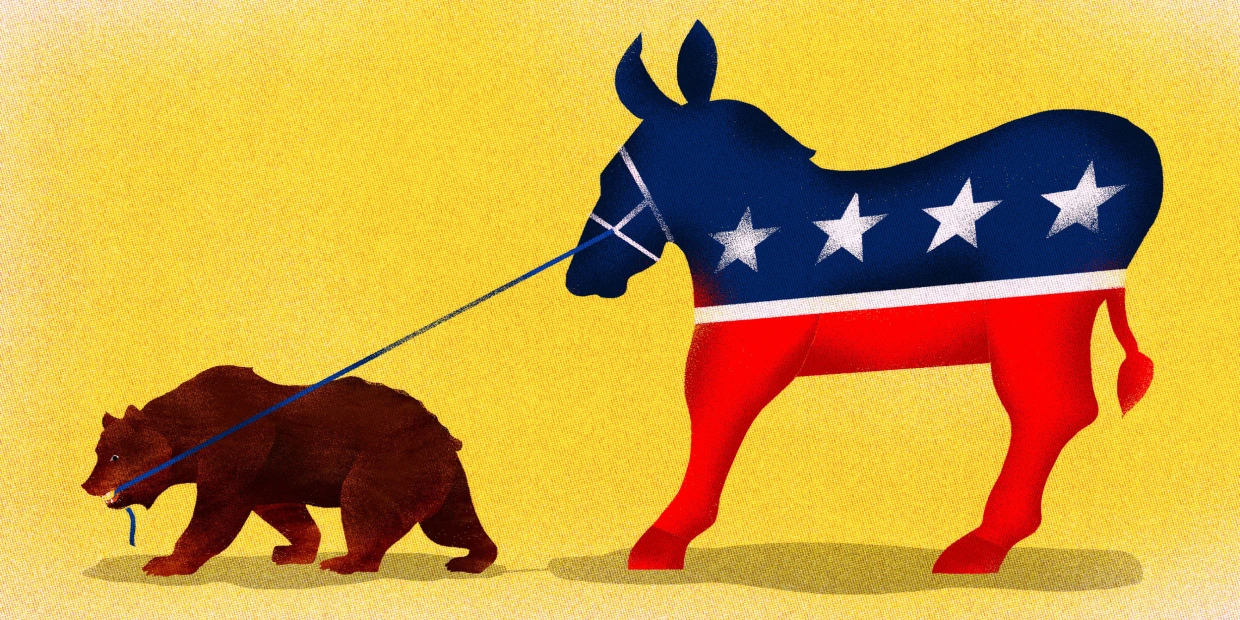Wave Wire Services
LOS ANGELES — Attorneys for former City Councilman Jose Huizar filed papers Nov. 15 arguing that more than three years of personal emails held by the government as proposed evidence in the bribery case against the ex-Los Angeles city councilman should be suppressed because the seizure violated his constitutional rights.
Huizar, the central figure in a six-year probe of suspected corruption in City Hall politics, and his associates were allegedly involved in a $1.5 million pay-to-play scheme in which real estate developers were shaken down for cash and campaign donations in exchange for help getting building projects through the city’s approval process.
Defense lawyers say that in July 2016, as part of the early days of the bribery investigation, the government applied for and received a warrant to search 39 months of Huizar’s personal emails, according to the document filed in Los Angeles federal court.
The affidavit supporting the warrant application “admitted that the government lacked probable cause for federal bribery and provided no basis for obtaining all of Huizar’s personal emails” for more than three years, defense attorneys argue.
Huizar’s lawyers further allege that in the prosecution’s 61-page warrant application that an FBI agent “intentionally hid the fact that the government had six months of pen-register data for the target account showing that Huizar exchanged no emails” with Chinese billionaire Wei Huang and just one with former city official Raymond Chan. Co-defendants Huang and Chan played central roles in the case, prosecutors allege.
The defense alleges that the “highly intrusive search of more than three years of Huizar’s personal emails” violated the Fourth Amendment because there was no probable cause for the federal bribery and bribery-related offenses that the government claimed to be investigating, and the affidavit failed to establish a connection between Huizar’s email account and any identified federal offense for which probable cause existed. Thirdly, the defense alleges, the warrant was “extraordinarily, self-evidently overbroad and lacking in particularity.”
A spokesman for the U.S. Attorney’s Office declined comment.
Huizar’s lawyers previously argued that the bribery case against the ex-councilman should be tossed because the alleged conduct does not violate laws cited in the 41-count federal racketeering indictment.
In the indictment, prosecutors confuse favors as bribes, deem that First Amendment-protected contributions are crimes, and treat “virtually everything that Huizar did as an ‘official act’ no matter how informal or disconnected from government power,” according to the earlier motion.
The federal probe ensnared lobbyists, developers such as Huang, and political operatives, including Chan. Formerly the general manager of the Los Angeles Department of Building and Safety, Chan was more recently the city’s deputy mayor of economic development.
Huizar, who represented downtown L.A. and was the chairman of the Planning and Land Use Management Committee, has denied all allegations.
Defense attorneys contend that Huizar’s only crime was acting as an “evangelist for robust development” whose mission as representative of Council District 14 was to bring hotels, apartments, jobs, tourism, and entertainment to the city’s downtown, according to court filings.
Partly as a result of their work, “the region became a livable and attractive destination for locals and tourists alike. During this period, nearly everyone in Los Angeles talked or heard about how much downtown had improved.”
Co-defendants George Esparza, Huizar’s former special assistant, real estate development consultant George Chiang, and fundraiser Justin Kim each pleaded guilty last year to federal charges.
A hearing to discuss developments in the case is set for Jan. 31. Huizar and Chan are expected to face trial next May.












